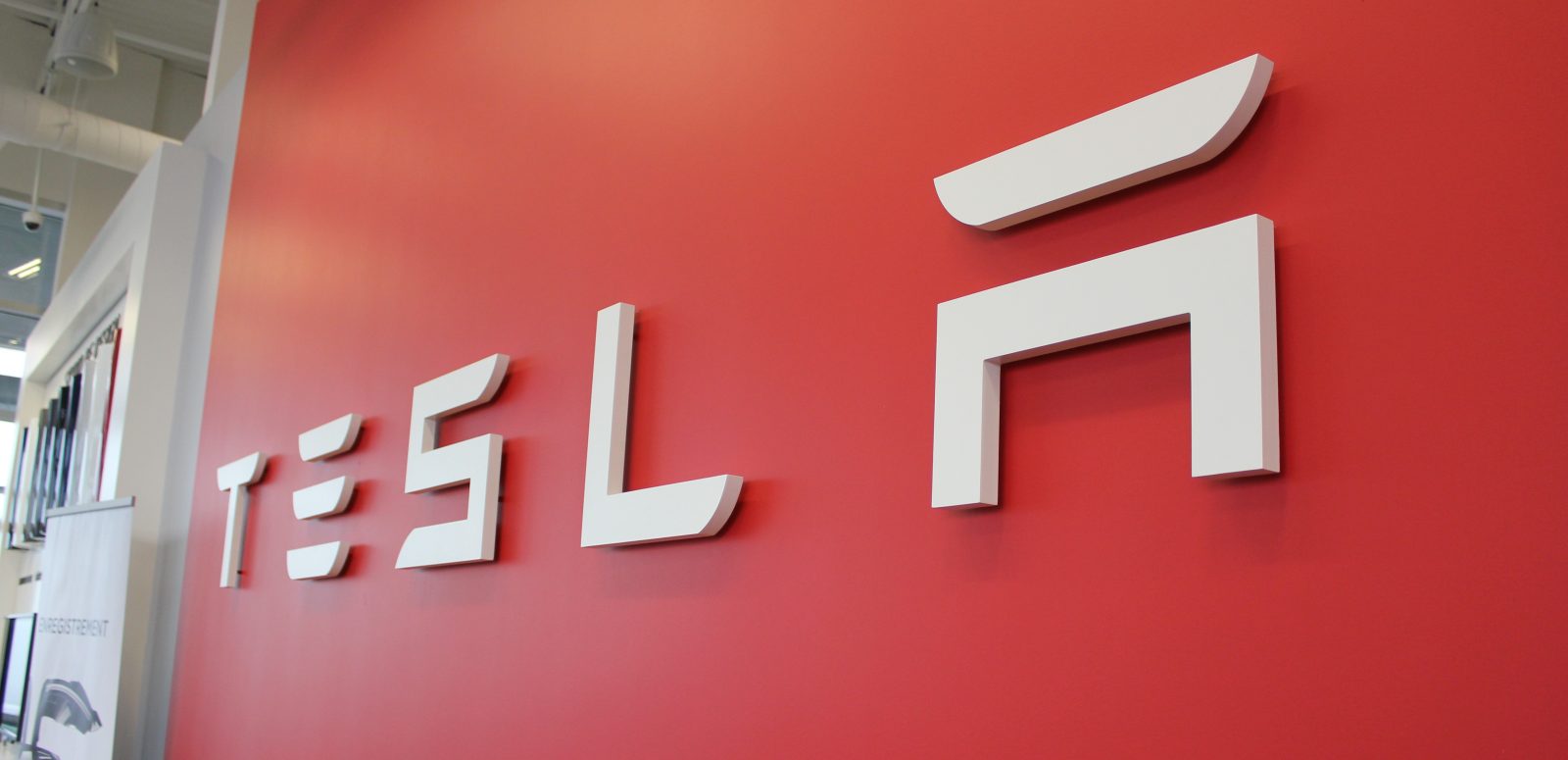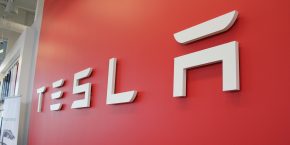
A week after Chinese President Xi Jinping announced a reversal of his administration’s position regarding the steep tariff for foreign automakers in China, the Chinese government officially started phasing out the restriction on foreign automakers’ ownership of local car factory.
The change opens the door for Tesla to have its own factory in China as soon as this year.
The National Development and Reform Commission (via AP) confirmed that “all ownership restrictions will be lifted,” over a five-year transition period, but the restriction for electric vehicle producers will be the first to go as soon as this year.
Th news comes as a trade war started to brew between the US and China and Elon Musk and Tesla somehow got involved after Musk raised the issue of US-China automotive import and export with President Donald Trump in a series of tweets.
He informed him of Tesla’s issues with being faced with a 25% import tariff and China’s strong protectionist laws that prohibit foreign automakers to own over 50% of local manufacturing facilities.
The Trump administration released its own plan to impose tariffs on $50-billion in Chinese goods, including cars.
Two days later, the Chinese government hit back by adding electric vehicles to its own list of products that will be slapped with new tariffs.
But China softened its stance out of the blue last week and now they are officially removing the ownership restriction this week.
Electrek’s Take
As we discussed on the podcast last week, it shows that Tesla was smart to hold off on pulling the trigger on a Chinese factory.
Virtually every other foreign automaker already made deals to create joint-ventures in China for electric vehicles over the last year in preparation for the country’s zero-emission vehicle mandate, which starts next year.
They had to do so in order to quickly increase EV production and not be penalized for the current gas-powered car business in China.
Tesla was the only automaker able to hold out since it doesn’t have a gas-powered car business to worry about. That allowed them to wait out the storm until reaching a deal for a wholly owned factory, which now seems possible.
Therefore, it wasn’t a big issue for China to lift the restriction, at least for electric vehicles, since most other automakers already complied to the ownership restriction due to the urgency that the ZEV mandate created.
It’s hard to believe that it is only a coincidence.
What do you think? Let us know in the comment section below.
FTC: We use income earning auto affiliate links. More.



Comments